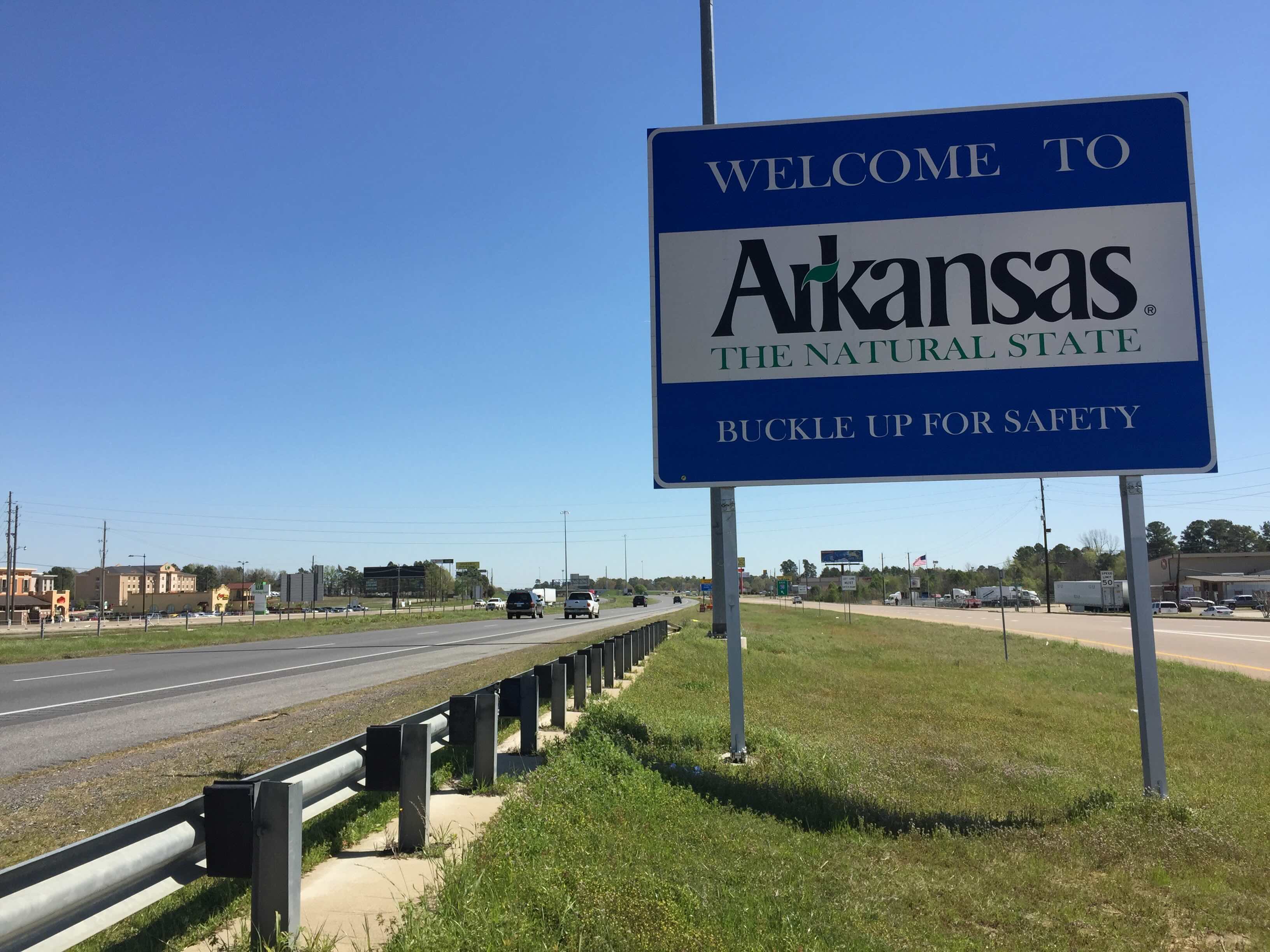Have a story idea
Have a story idea? Send it to us here.

Source : Wikimedia
February 20, 2025
Author : Alex Bustillos
The Arkansas Department of Transportation (ARDOT) has announced that the first phase of the massive Interstate 30 (I-30) expansion project, known as 30 Crossing, is now nearly complete.
This marks a major milestone in the state’s most expensive transportation project to date, aimed at improving safety and easing congestion in one of Arkansas’s busiest travel corridors.
The project, which spans 4.7 miles between the I-630 interchange in Little Rock and the I-40 interchange in North Little Rock, includes the construction of a new 10-lane bridge over the Arkansas River, along with new on-ramps, off-ramps, and additional lanes at both interchanges. Originally slated for completion in summer 2025, the work has been finished approximately six months ahead of schedule.
At a ribbon-cutting ceremony held at the Clinton Presidential Center, ARDOT Director Lorie Tudor praised the effort, calling it a “textbook example of teamwork, collaboration and perseverance.” She spoke at length about the importance of the project, noting, “[In 2020] it was estimated 120,000 vehicles a day go over this part of the interstate on I-30, and 143,000 are estimated to go across that bridge in 2045, so it’s the busiest route in the state of Arkansas.”
The completion of this phase of 30 Crossing is expected to improve travel times and overall traffic flow in the region. Officials also emphasized that the project has freed up approximately 19 acres of green space near the Clinton Presidential Center, with plans to develop it into a city park.
Despite the praise from state officials, the project has not been without controversy. Critics have questioned whether expanding the highway through downtown Little Rock is the best approach, arguing that many U.S. cities are moving toward reducing downtown freeway infrastructure rather than expanding it. Some have expressed concerns that the increased road capacity could ultimately lead to more congestion over time, a phenomenon known as induced demand.
Additionally, there are concerns about the project’s long-term social and economic impact. Historically, the construction of highways through Little Rock has been blamed for reinforcing racial and economic divisions. At the ceremony, Little Rock Mayor Frank Scott Jr. acknowledged this history and emphasized that 30 Crossing is designed to help reconnect communities. “If you are from here, then you understand and know that Interstate 630 red-lined our city and cemented disconnections,” Scott said. “I vowed to myself … that if we were going to take charge and move forward with this, then we had to make certain that … 30 Crossing truly connected communities and did not divide them. And this has been done.”
The first phase of the 30 Crossing project has cost approximately $634 million, making it the most expensive project in ARDOT’s history. The funding for the project comes from a mix of state and federal sources, including $350 million from a temporary half-cent state sales tax that Arkansas voters decided to make permanent in 2020.
However, the use of the sales tax funding has been a source of legal battles. In 2020, opponents filed a lawsuit arguing that ARDOT had violated Amendment 91 of the Arkansas Constitution, which stipulates that the half-cent tax cannot be used for highways with more than four lanes. While a trial court initially ruled in favor of the plaintiffs, the Arkansas Supreme Court overturned that decision in 2023, allowing the funds to be used for the 30 Crossing project.
Looking ahead, ARDOT has several additional improvements planned for I-30, although most of them remain unfunded at this time. The following future phases have been identified:
Among these, only the improvements to the I-30/I-40 interchange have secured funding, with an estimated cost of $75 million. If all the planned expansions move forward, the total cost of 30 Crossing could surpass $1 billion.
ARDOT has remained committed to completing these future projects and continues to seek funding sources. The agency argues that these improvements are necessary to accommodate growing traffic demands and improve safety for Arkansas drivers. Whether it will ultimately achieve its goals of easing congestion and encouraging economic growth remains to be seen.
Category : State Government Freeways and Highways
